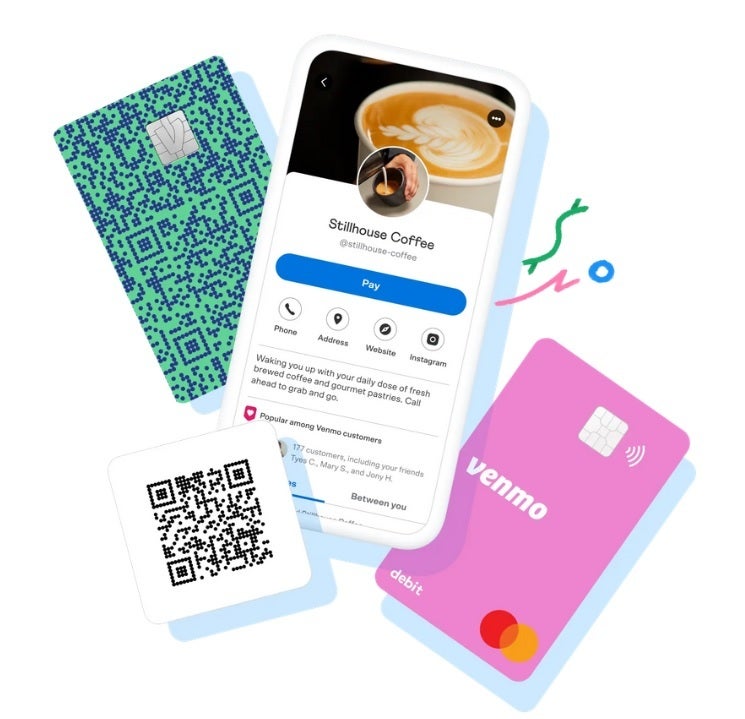U.S. financial agency says if you have money in PayPal or Venmo, get it out now

A few weeks ago the U.S. banking system saw three banks, Silicon Valley Bank, Signature Bank, and First Republic Bank, all fail after runs on these financial institutions from customers with uninsured deposits who pulled their money out as quickly as possible. And late last week a report issued by the Consumer Financial Protection Bureau (CFPB) warned those with cash stored in nonbank payment apps such as Venmo or PayPal to pull that money out because it might not be safe in the event of a crisis.
You might retort that the Federal Deposit Insurance Corporation (FDIC) insures bank accounts up to $250,000 and you'd be 100% correct. But the money you have in Venmo or PayPal is typically not in a bank account and is most likely not covered by FDIC insurance in the case that something bad takes place. For example, if there is a run on Venmo and Paypal and your money cannot be obtained, most likely you'll be out of luck.
Some consumers are not aware that the funds they have in their payment app account are not insured
The CFPB does say that there are some options offered by Venmo and PayPal that will result in your funds being insured. For example, if you open a PayPal Savings account through the company's banking partner Synchrony Bank, funds in that account would be covered by the FDIC. With Venmo, you might qualify for FDIC insurance if you deposit money to your account via direct deposit, use the "cash a check" feature, or use your Venmo account to buy or receive some cryptocurrency assets.

Funds you have stored on your payment apps like Venmo or PayPal are most likely not insured
In its report, the CFPB wrote, "We find that stored funds can be at risk of loss in the event of financial distress or failure of the entity operating the nonbank payment platform, and often are not placed in an account at a bank or credit union and lack individual deposit insurance coverage. Consumers may not fully appreciate when, or under what conditions, they would be protected by deposit insurance."
Some payment apps make money by investing the funds you leave in those apps. Since they are not paying you any interest on this money, interest earned on the bonds and other debt they invest in goes right to their bottom line. Payment apps that do this have no incentive to get you to transfer your funds to your linked bank or credit union leaving you holding all of the risk while they reap all of the reward.
If you're not sure if you have coverage, your best bet is to pull the funds out and deposit them in an insured account until you can speak with someone at your payment app to verify whether your account is insured.
Funds stored in a payment app are at higher risk than funds deposited with an insured bank
While there is no option for holding an insured balance in Google Pay, in Apple Pay funds are eligible for pass-through insurance if the customer registers the Apple Cash account with Green Dot Bank. Note that the CFPB says that funds kept in a payment app are at a higher risk for loss than if the funds were kept in an insured bank account or credit union.
As the agency says, "Funds stored in a payment app may be at significantly higher risk of loss for a consumer than if it is deposited in an insured bank or credit union account. For instance, nonbank payment apps that invest customer funds in securities or other non-deposit products expose the company to the risk of insolvency if the investments' value declines. The companies are also exposed to risk if customers demand their funds all at once."
The CFPB is merely trying to alert you, not scare you. "Consumers should be aware of these risks if they choose to leave a balance on these nonbank payment apps. To minimize these risks, consumers may choose to transfer their nonbank payment app balances back to their federally insured deposit accounts, where they have a direct relationship with an FDIC-insured bank or NCUA-insured credit union," it says in its report. You might want to take the agency's advice as soon as you can.
Follow us on Google News











Things that are NOT allowed:
To help keep our community safe and free from spam, we apply temporary limits to newly created accounts: